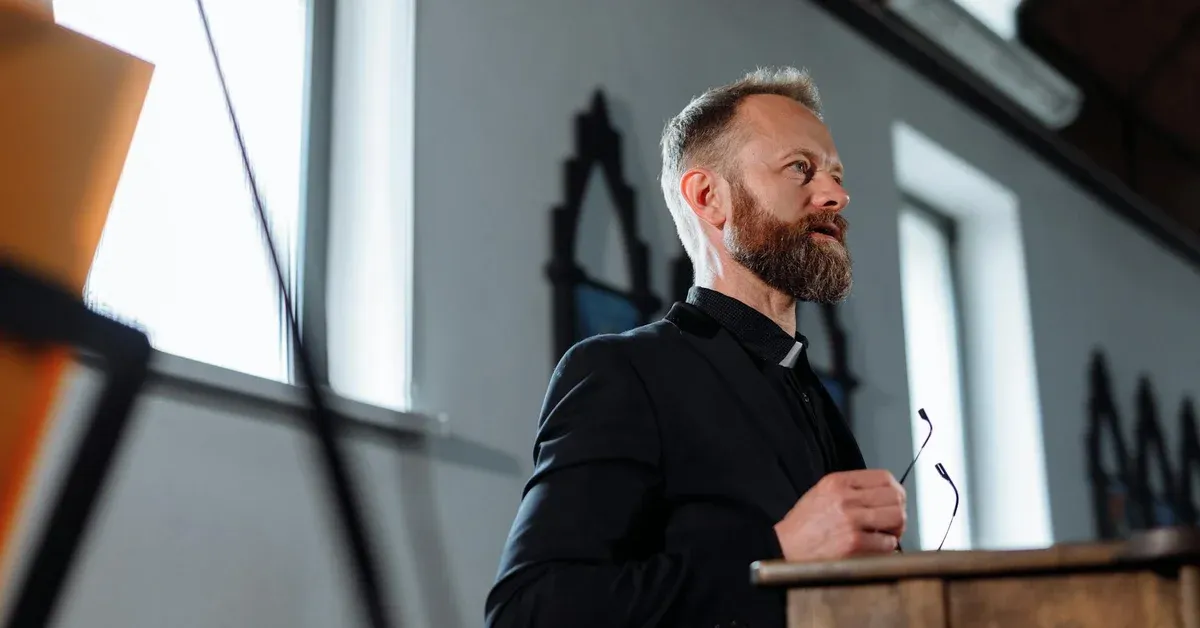
A new study reveals something troubling: large evangelical megachurches in the Midwest aren’t just teaching faith. They’re quietly shaping how their members think about money and inequality, often making extreme wealth seem divinely blessed.
This matters beyond religious circles. When powerful narratives influence how people view fairness and economic justice, it affects everyone. Understanding these dynamics helps explain why certain attitudes about wealth persist in our society.
The Hidden Message About Money
The research findings are clear: pastors at these prominent churches present economic inequality not as a problem to solve, but as God’s plan. They do this in several ways.
First, they teach that God approves of vast wealth accumulation. Second, they downplay domestic inequality by suggesting everyone has basic necessities covered. This makes economic gaps seem less severe than they actually are.
This isn’t the flashy “prosperity gospel” promising instant riches. It’s more subtle. Regular sermons weave in messages that personal faith and individual responsibility drive financial success. Meanwhile, they avoid discussing systemic causes of poverty or wealth concentration. The underlying message: if you’re struggling financially, it’s your fault, not the system’s fault.
Rewriting Scripture to Fit the Narrative
To maintain this viewpoint, pastors must creatively interpret religious texts. Biblical passages that traditionally advocate for the poor or critique material excess get recontextualized or ignored entirely. Instead, wealth becomes evidence of God’s blessing and personal faithfulness.
This interpretation has serious consequences for how church members view social justice. If economic success equals divine favor, why challenge the system? This logic can silence discussions about poverty, workers’ rights, or fair taxation within church communities. Some evangelical circles have pushed this so far that they now consider empathy itself sinful, further weakening support for social action.
When Churches Become Echo Chambers
The constant messaging in these megachurches creates a powerful echo chamber. For many members, weekly sermons aren’t just religious experiences. They’re primary sources of moral guidance that shape worldviews.
When that guidance endorses wealth accumulation and minimizes economic disparities, it reinforces existing biases. People become insulated from critical perspectives on capitalism and inequality.
A recent survey on evangelical beliefs shows this complexity in action. While evangelicals agree on core doctrines, many feel “confused or conflicted” on other theological points. This uncertainty makes them more likely to accept their pastors’ specific interpretations, especially on complex social issues like economic inequality.
The Bigger Picture
These influences reach far beyond church walls. In a society already dealing with widening wealth gaps, these religious narratives carry significant weight. When large populations learn that economic disparities are justified, it becomes harder to build support for more equitable policies.
The focus shifts from collective action to individual spiritual effort. This could deepen existing societal divisions rather than bridge them.
As these megachurches continue growing, their influence grows too. This shows how cultural, economic, and religious stories intertwine to shape public discourse. Even messages delivered from traditional pulpits can profoundly impact how people view societal fairness. Recognizing this dynamic helps us understand the complex forces that maintain America’s wealth divide.